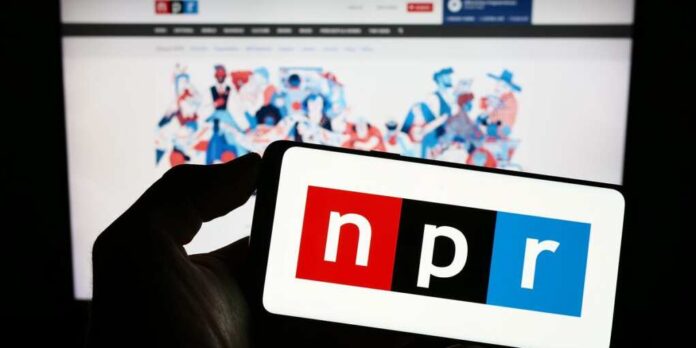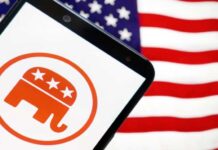
The Trump White House is urging Congress to eliminate all federal funding for NPR and PBS, citing political bias and fiscal waste as justification for a proposed $9.3 billion budget rollback.
According to a memo obtained by the New York Post, Office of Management and Budget (OMB) Director Russ Vought outlined a two-part plan: slash $8.3 billion in what the administration calls “wasteful” foreign aid and completely defund the Corporation for Public Broadcasting (CPB), which serves as the federal funding mechanism for NPR, PBS, and hundreds of local public broadcasting stations.
The memo asserts that CPB funds a “politically biased public radio and public television system” and that ending the government’s financial support would reflect the Trump administration’s broader effort to eliminate “waste, fraud, and abuse” across federal programs.
“Since day one, the Trump Administration has targeted waste through executive action and agency review,” Vought wrote, adding that GOP lawmakers have requested formal rescission proposals from the White House to aid their legislative budget-cutting push.
The $1.1 billion currently budgeted for the CPB is a central target. President Trump has long voiced his desire to see NPR and PBS cut off from taxpayer funding, calling both outlets biased and bloated. “I’d be honored to see it end,” he said last month, citing what he described as the networks’ excessive spending and one-sided reporting.
The move comes on the heels of a contentious House hearing where NPR CEO Katherine Maher and PBS CEO Paula Kerger were grilled by Republican lawmakers over what they allege is politically slanted coverage. Rep. Marjorie Taylor Greene and others demanded answers on whether taxpayer dollars were being used to promote partisan agendas.
While NPR and PBS maintain that government support constitutes a small portion of their total revenue, critics argue that the dependence is more significant than they admit — especially when accounting for the chain of subsidies that flows from the federal government to local stations and, ultimately, to national programming.
NPR claims only about 1% of its revenue comes from federal funds. However, that figure doesn’t reflect the fact that a substantial portion of its overall funding comes from programming fees paid by local public stations — many of which receive CPB support. If CPB dollars were removed, those stations could lose the ability to pay NPR, triggering a financial chain reaction that would directly impact its operations.
NPR’s own website admits the loss of federal funding “would undermine the stations’ ability to pay NPR for programming, thereby weakening the institution.” Despite this, NPR and its allies have consistently downplayed the centrality of government funds in public statements.
PBS presents a similar picture. Roughly 35% of PBS NewsHour’s budget comes from CPB and PBS national programming funds. The remaining 65% is sourced from private donations, foundation grants, and corporate sponsors. PBS also benefits from philanthropic contributions via the PBS Foundation, a 501(c)(3) nonprofit.
Supporters of the cuts say it’s time to let public broadcasting compete in the marketplace like any other media outlet. “If NPR and PBS want to be editorially independent, they shouldn’t rely on government handouts,” said one senior Republican aide familiar with the budget discussions.
The administration’s proposal also includes a major rollback of $8.3 billion in foreign aid that has not yet been obligated for the 2025 fiscal year. Vought labeled the foreign aid cuts as overdue, arguing that too much taxpayer money is being spent overseas at the expense of domestic priorities.
Democrats and liberal media figures are already decrying the proposal as an attack on independent journalism. But for conservatives, this is a long-awaited push to rein in taxpayer-funded outlets that many see as ideological opponents cloaked in public service branding.
Legal and budgetary hurdles still remain. Congress must approve the rescission request, and with Democrats likely to resist, the fate of NPR and PBS funding could become a flashpoint in broader budget negotiations. But the message from the Trump White House is unmistakable: public broadcasting, as currently funded, no longer has a blank check.
With the 2026 midterms looming, cutting off public money to left-leaning media institutions may be as much a political calculation as a fiscal one. And if Trump’s base has anything to say about it, the move is likely to be a popular one.












